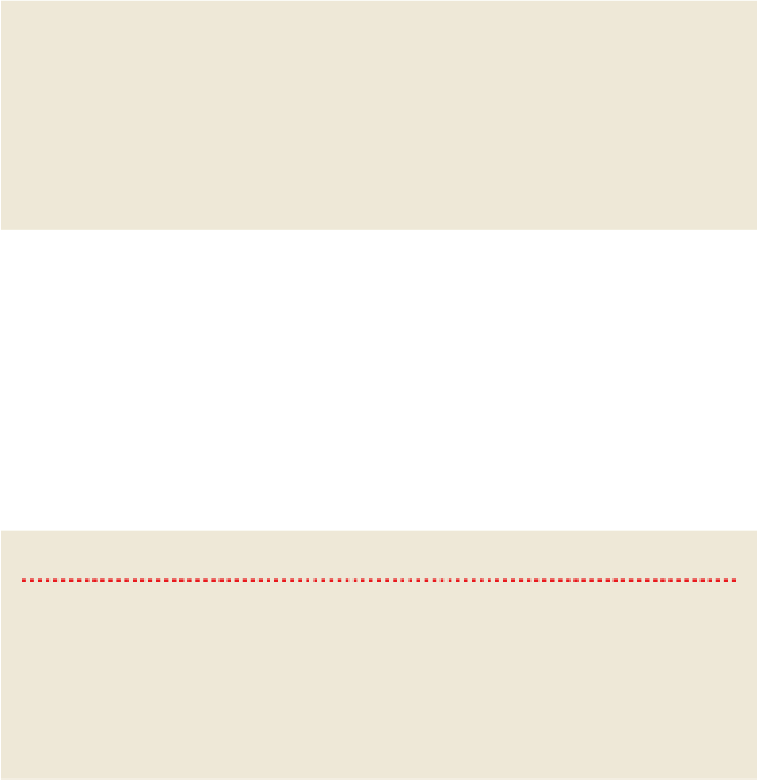Travel Reference
In-Depth Information
The sting in the tail with a carnet is that you usually have to lodge a deposit to secure it. If you default on the
carnet - that is, you don't have an export stamp to match the import one - then the country in question can claim
your deposit, which can be up to 300% of the new value of the vehicle. You can get around this problem with
bank guarantees or carnet insurance, but you still have to fork out in the end if you default.
Should the worst occur and your vehicle is irretrievably damaged in an accident or catastrophic breakdown,
you'll have to argue it out with customs officials. Having a vehicle stolen can be even worse, as you may be sus-
pected of having sold it.
The carnet may need to specify any pricey spare parts that you're planning to carry, such as a gearbox, which is
designed to prevent any spare-part importation rackets. Contact your local automobile association for details
about necessary documentation at least three months in advance.
Car & Motorcycle
Anyone planning to take their own vehicle to West Africa should check in advance what spare parts and petrol are likely
to be available.
A number of documents are also required:
Carnet
A
carnet de passage
is like a passport for your car, a booklet that is stamped on arrival and departure from a
country to ensure that you export the vehicle again after you've imported it.
Green card
Issued by insurers. Insurance for some countries is only obtainable at the border. Check with your insurance
company or automobile association before leaving home.
International Driving Permit (IDP)
Although most foreign licences are acceptable in West African countries, an IDP
issued by your local automobile association is highly recommended.
Vehicle registration documents
Carrying all ownership papers is a must.
DRIVING TO WEST AFRICA - FURTHER READING
Driving your own car or motorbike to West Africa, and driving off-road within the region, are vast subjects. Two
specialist guides that we recommend:
»
Adventure Motorcycling Handbook,
by Chris Scott, covers all parts of the world where tar roads end. It con-
tains stacks of good information on the Sahara and West Africa, all combined with humour and personal insights.
»
Sahara Overland (2nd Edition),
by Chris Scott, is the best, most recent and most comprehensive book on all as-
pects of Saharan travel by two or four wheels, with information on established and newer Saharan routes, and
more than 100 maps. Chris Scott's highly recommended website,
www.sahara-overland.com
, has updates of the
book, as well as a useful forum.
BRING YOUR OWN VEHICLE
If you want to travel in West Africa using your own car or motorbike, but don't fancy the Saharan crossing, another op-
tion is to ship it. The usual way of doing this is to load the car onto a ship in Europe and take it off again at either Dakar
or Banjul (Abidjan and Tema, in Ghana, are other options).
Costs vary depending on the size of the vehicle and the final destination, but generally start from around US$1000.
Apart from cost, your biggest problem is likely to be security - many drivers report theft of items from the inside and
outside (such as lights and mirrors) of their car. Vehicles are usually left unlocked for the crossing and when in storage
at the destination port, so chain or lock all equipment into fixed boxes inside the vehicle. Getting a vehicle out of port is

